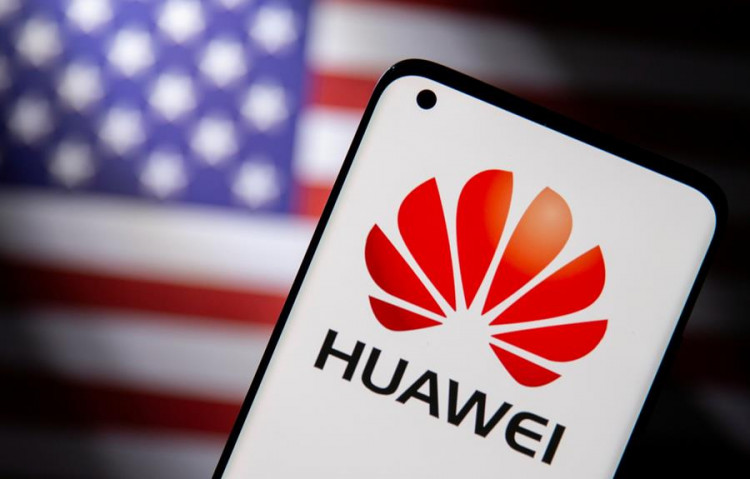According to media sources and industry insiders, the U.S. Federal Communications Commission is about to publicly prohibit the approval of new Huawei and ZTE telecom equipment on the basis of national security.
The FCC commissioners are currently voting on the matter, and it is largely anticipated that it will pass, they noted. The organization that oversees wire, cable, radio, television, satellite, and other forms of communication admitted that a plan was currently being sent about without identifying the companies involved.
The proposed prohibition was sent to the other three commissioners last week by FCC chairwoman Jessica Rosenworcel for final approval. Without equipment authorizations, businesses would be unable to sell new equipment in the US.
"The FCC remains committed to protecting our national security by ensuring that untrustworthy communications equipment is not authorized for use within our borders, and we are continuing that work here," Jessica Rosenworcel said.
The FCC agreed to move the proposal to restrict permits for equipment in US telecom networks from Chinese firms deemed national security concerns, such as Huawei and ZTE, in June 2021. That came after a 2019 law intended to safeguard US communications networks designated five Chinese companies on the so-called "covered list" as posing a threat to national security in March 2021: Huawei Technologies, ZTE, Hytera Communications, Hangzhou Hikvision Digital Technology, and Zhejiang Dahua Technology.
In June 2021, the FCC announced that it was thinking of prohibiting all equipment authorizations for all businesses on the covered list. The FCC expanded the list of companies covered this year to include China Telecom (Americas), China Mobile International USA, Pacific Networks, and China Unicom (Americas).
"We have left open opportunities for (Huawei and other Chinese equipment) use in the United States through our equipment authorization process. So here we propose to close that door," she said.
The U.S. released a new national security policy on Wednesday that names Beijing as a key geopolitical worry. The goal of the limitations and revised blacklists released last week by the Departments of Commerce and Defense is to prevent Chinese acquisition of sophisticated US semiconductor technology. Additionally, the US enacted the Chips and Science Act in August with the intention of enhancing US competitiveness.
Since 2018, the FCC has granted more than 3,000 applications from Huawei, according to FCC Commissioner Brendan Carr, who stated this in 2021. All upcoming authorizations for communications equipment that the FCC deems to pose an unacceptable danger to national security would be prohibited. The U.S. added Huawei, Hikvision, and other companies to its economic sanctions list in 2019.





